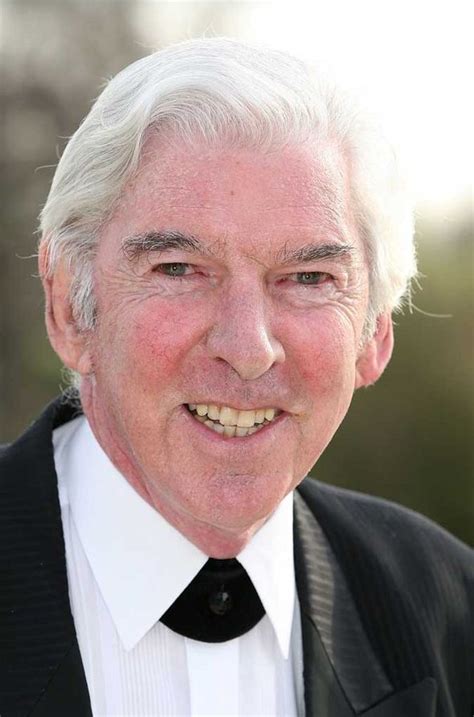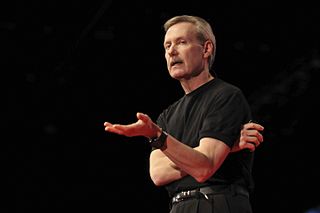A Quote by Albert Camus
I see many people die because they judge that life is not worth living. I see others paradoxically getting killed for the ideas or illusions that give them a reason for living (what is called a reason for living is also an excellent reason for dying). I therefore conclude that the meaning of life is the most urgent of questions.
Related Quotes
You see, gentlemen, reason is an excellent thing, there’s no disputing that, but reason is nothing but reason and satisfies only the rational side of man’s nature, while will is a manifestation of the whole life, that is, of the whole human life including reason and all the impulses. And although our life, in this manifestation of it, is often worthless, yet it is life and not simply extracting square roots.
Humanism is an approach to life which encourages ethical and fulfilling living on the basis of reason and humanity, and rejects superstition and religion. The most immediate impact of living as a Humanist is that we believe this life is all there is - so what we do and the choices we make really count.
The third class consists of men to whom nothing seems great but reason. If force interests them, it is not in its exertion, but in that it has a reason and a law. For men of the first class, nature is a picture; for men of the second class, it is an opportunity; for men of the third class, it is a cosmos, so admirable, that to penetrate to its ways seems to them the only thing that makes life worth living. These are the men whom we see possessed by a passion to learn.
If you stumble over mere believability, what are you living for? Love is hard to believe, ask any lover. Life is hard to believe, ask any scientist. God is hard to believe, ask any believer. What is your problem with hard to believe? Reason is excellent for getting food, clothing and shelter. Reason is the very best tool kit. Nothing beats reason for keeping tigers away. But be excessively reasonable and you risk throwing out the universe with the bathwater
People want their reason for living to be a singular thing, like a career or a relationship, because this makes an individual feel secure in the physical world. We don't fare well in the realm of the invisible - so telling someone that their purpose is multilayered and includes the arduous journey of discovering who they really are is not always the answer they want to hear. But consider the complexity of the question: "What is my reason for living?" How can that question not include a journey into the depths of your own life?
Thus, I always began by assuming the worst; my appeal was dismissed. That meant, of course, I was to die. Sooner than others, obviously. 'But,' I reminded myself, 'it's common knowledge that life isn't worth living, anyhow.' And, on a wide view, I could see that it makes little difference whether one dies at the age of thirty or threescore and ten-- since, in either case, other men will continue living, the world will go on as before. Also, whether I died now or forty years hence, this business of dying had to be got through, inevitably.







































